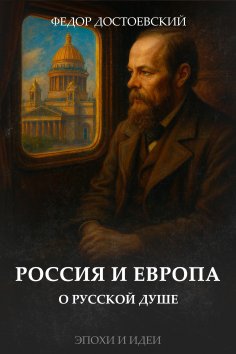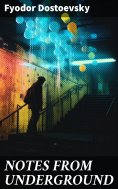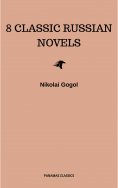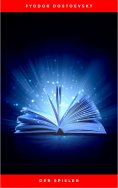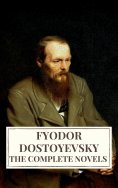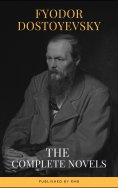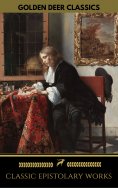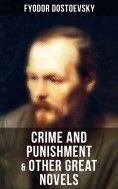About the Russian soul
Über das eBook
The collection is united by a search for an answer to the central question: what is Russia's uniqueness and what is its place among European nations? Dostoevsky formulates the idea of the pan-humanity of the Russian spirit—the ability to understand other cultures and synthesize what exists in isolation in Europe.
"A Series of Articles on Russian Literature" (1861) is a manifesto of pochvennichestvo (nationalism). The Russian people are capable of assimilating European enlightenment without losing their connection to their national soil. This is evidenced by the works of Pushkin, who immersed himself in the spirit of different nations while remaining a Russian poet.
"Winter Notes on Summer Impressions" (1863) are travel essays. Dostoevsky describes the contradictions of bourgeois civilization, where the ideals of freedom are replaced by the cult of profit. The Crystal Palace becomes a symbol of these contradictions.
The articles in "A Writer's Diary" (1876-1877) apply these ideas to political analysis. Dostoevsky reveals the misunderstanding between Russia and Europe, reflects on the Slavic question, and Russia's possible role in the world.
A recurring theme is the critique of European national exceptionalism and the search for a unique Russian path through a synthesis of European education and Russian nationality. Dostoevsky does not deny Europe's achievements, but he sees its limitations. He believes in the special gifts of the Russian people, but does not turn a blind eye to the ills of Russian reality.
His journalism is linked to his novels. The ideas behind his articles were embodied in Crime and Punishment, The Idiot, The Demons, and The Brothers Karamazov.
The questions posed by Dostoevsky remain relevant.
Produkt Details
Verlag: XSPO
Genre: Sprache - Sonstige
Sprache: rus
Umfang: 600 Seiten
Größe: 2,2 MB
ISBN: 9785501602366
Veröffentlichung: 23. Oktober 2025
